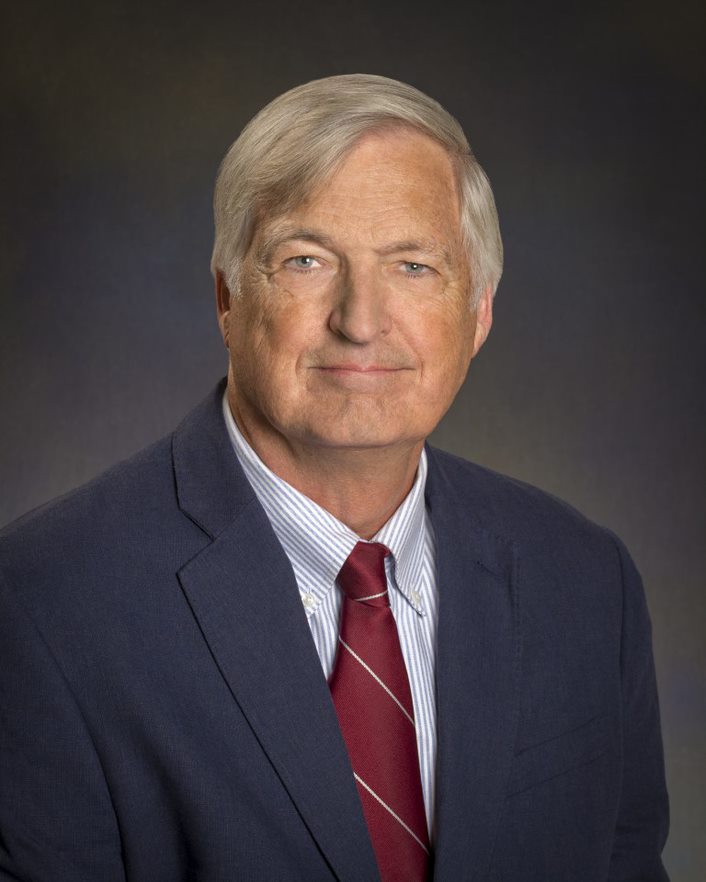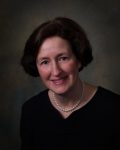
Fred Conrad Koch Lifetime Achievement Award
Edward Brown is one of the world’s leading biomedical scientists. His brilliant career exemplifies what all investigators aspire to, but rarely achieve. The elegance of his logic and the innovative approaches he applied in his quest to delineate calcium-induced parathyroid cell signaling, clone the calcium-sensing receptor (CaSR) cDNA, and translate this basic science into a fundamental understanding of human diseases and new diagnostic and therapeutic applications, are virtually unprecedented in a single investigator’s career.
His brilliant career exemplifies what all investigators aspire to, but rarely achieve.
The essence of Dr. Brown’s lifetime achievements is summarized in the following discoveries, each groundbreaking in its own right. He: (1) discovered the first eukaryotic CaSR encoding one of the first eukaryotic environmental sensors; (2) established it was the key molecule maintaining near constancy of the “milieu interieur”; (3) proved extracellular Ca2+ ( Ca2+o) to be a versatile, ubiquitous, and pleiotropic first messenger, thereby creating the new field of Ca2+o-sensing. Moreover, he: (4) played a dominant role in identifying multiple inherited and acquired disorders of Ca2+o-sensing; (5) contributed to the experimental and conceptual foundation leading to the development of calcimimetics by others; (6) demonstrated that this receptor senses a variety of substances and integrates this information into modulating multiple cellular functions, thereby stimulating the development of the field of environmental sensing in higher organisms, such as GPCRs sensing fatty acids, protons, bile acids, zinc, etc.; and (7) collaborated with others to elucidate the crystal structure of the CaSR extracellular domain.
The step-by-step proof of Dr. Brown’s hypothesis that the CaSR existed, his perseverance in acquiring the scientific skills to clone its cDNA, and his studies identifying calcimimetics opened an entirely new field of scientific research. These discoveries, spanning four decades, significantly amplified our understanding of the physiology, pathophysiology, and therapy of endocrine disorders extending well beyond bone and mineral metabolism to other organ systems and across multiple species.


Dolores Shoback, MD, is professor of medicine and associate program director of the Fellowship Program in Diabetes, Endocrinology and Metabolism at the University of California, San Francisco School of Medicine; serves as secretary/treasurer of the Endocrine Society, and received the 2016 Sidney H. Ingbar Award for Distinguished Service Laureate Award; Ghada El-Hajj Fuleihan, MD, MPH, American University of Beirut Medical Center, received the 2016 International Excellence in Endocrinology Laureate Award and serves as the at-large member of Council for the Endocrine Society. (Originally written by nominator P. Reed Larsen, FACP, FRCP, MA, MD, modified and revised by the citators.)

